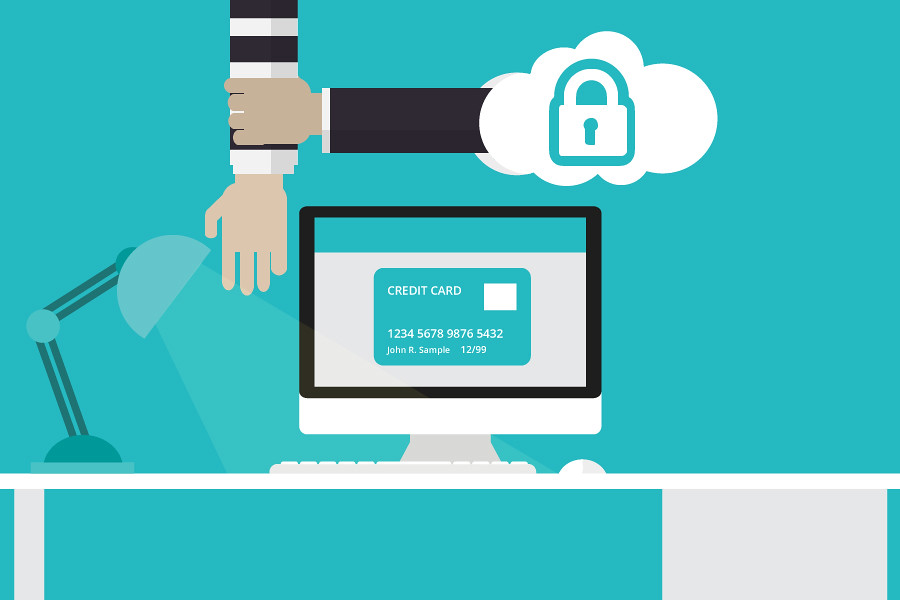 5 Simple Steps to Protect Your PC from Hackers
5 Simple Steps to Protect Your PC from Hackers
In this world of ubiquitous computers and persistent threats from hackers, protecting your computer is a must. The key pathway through which malware attacks the system is the Internet and its popular service, the Web.
There are numerous ways to protect and remove malware from our computers. No one method is enough to ensure your computer is secure. The more layers of defense, the harder for hackers to use your computer. Here are five simple, but critical steps to protect your computer,
- Install Firewall
- Install Antivirus Software
- Install Anti-Spyware Software
- Use Complex and Secure Passwords
- Check on the Security Settings of the Browser
- Have a good cloud backup of your whole computer
Install a Firewall
A firewall enacts the role of a security guard. There are of two types of firewalls: a software firewall and hardware firewall. Each serves similar, but different purposes. A firewall is the first step to provide security to the computer. It creates a barrier between the computer and any unauthorized program trying to come in through the Internet. If you are using a system at home, turn on the firewall permanently. It makes you aware if there are any unauthorized efforts to use your system.
Install Antivirus Software:
Antivirus is one other means to protect the computer. It is software that helps to protect the computer from any unauthorized code or software that creates a threat to the system. Unauthorized software includes viruses, keyloggers, trojans etc. This might slow down the processing speed of your computer, delete important files and access personal information. Even if your system is virus free, you must install an antivirus software to prevent the system from further attack of virus.Antivirus software plays a major role in real time protection, its added advantage of detecting threats helps computer and the information in it to be safe. Some advanced antivirus programs provide automatic updates, this further helps to protect the PC from newly created viruses.
Antivirus for Windows 10 software may include advanced features such as email protection, blocking of pop-ups and identity theft.
Install Anti-Spyware Software:
Spyware is a software program that collects personal information or information about an organization without their approval. This information is redirected to a third party website. Spyware is designed in such a way that they are not easy to be removed. Anti-Spyware software is solely dedicated to combat spyware. Similar to antivirus software, anti-spyware software offers real-time protection. It scans all the incoming information and helps in blocking the threat once detected. Comodo Free Antivirus comes with spyware protection built in.
Use Complex and Secure Passwords:
The first line of defense in maintaining system security is to have strong and complex passwords. Complex passwords are difficult for the hackers to find. Use a password that is at least 8 characters in length and include a combination of numbers, letters that are both upper and lower case and a special character. Hackers use certain tools to break easy passwords in a few minutes. One recent study showed that a 6 character password with all lower case letters can be broken in under 6 minutes!
Check on the Security Settings of the Browser:
Browsers have various security and privacy settings that you should review and set to the level you desire. Recent browsers give you the ability to tell websites to not track your movements, increasing your privacy and security.
 020 3948 4555
020 3948 4555

 5 Simple Steps to Protect Your PC from Hackers
5 Simple Steps to Protect Your PC from Hackers



